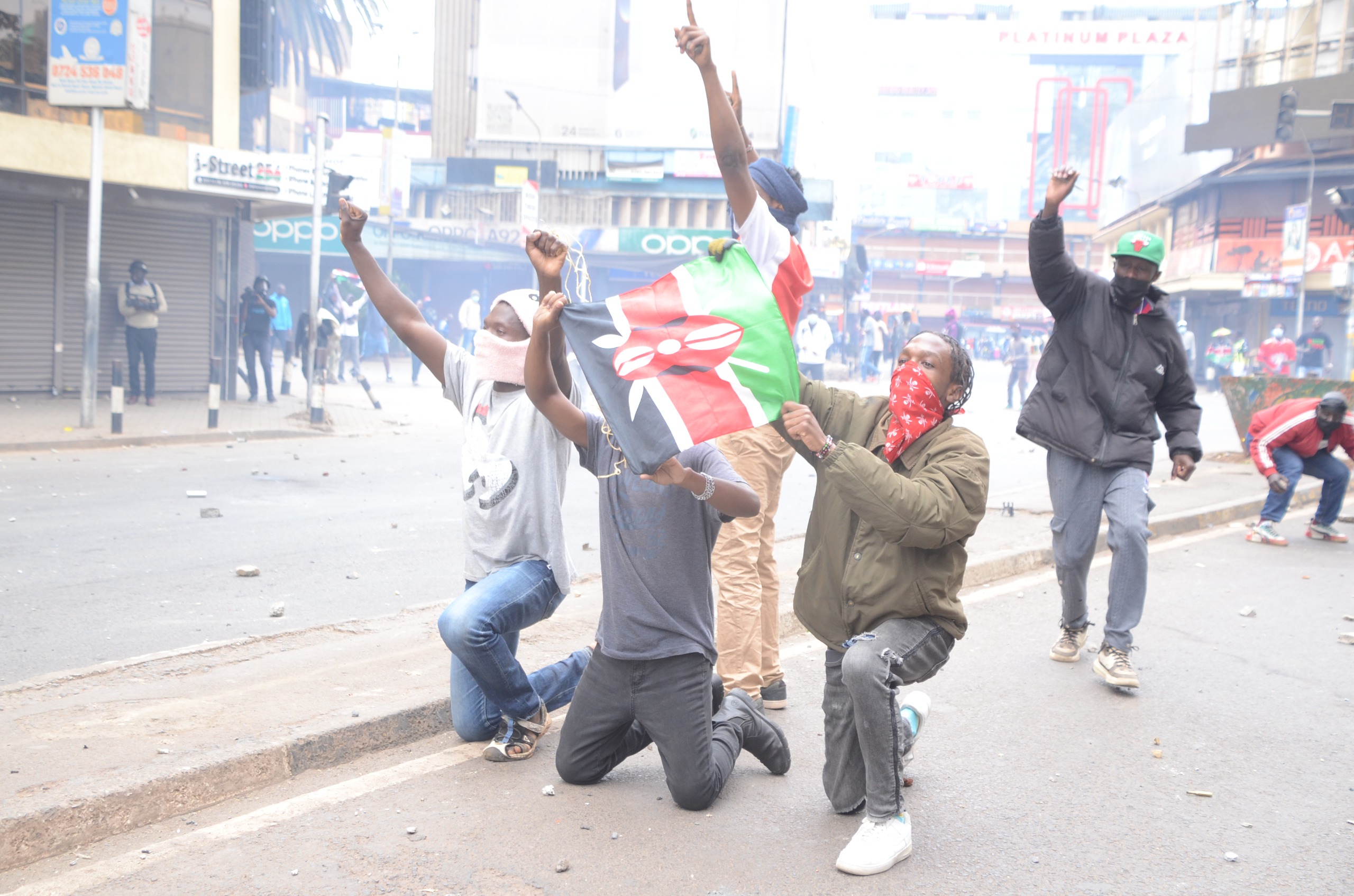
As Kenya’s Gen Z prepares for another nationwide protest on June 25, 2025 in commemoration of the victims of last year’s anti-Finance Bill protest, many say this is more than a demonstration—it’s a generational awakening.
With tension building, Kenyans from all walks of life have been sharing deeply personal reflections on the upcoming protest.
"I think the protests are a necessary step towards bringing about change. People have been ignored for too long, and it's time their voices are heard," said student activist Benard Wairimu.
“This protest means everything to me. It means I still have hope. It means I haven’t given up on my country.”
Benard is not alone. Young people and older generations alike see the protest as a chance to hold leaders to account.
"The protests are a chance for us to stand up for our rights and demand action from our leaders. I'm proud to be a part of it," said hairdresser Joyce Wandera from Westlands.
"We want a peaceful protest, but we also want protection," added fruit vendor Brian Kiptoo, who works along Waiyaki Way.
“We’ve seen how protests are treated. But this time, let them hear our pain, not fight it.”
Still, some have approached the protests with skepticism and fear.
“Gen Z should stop the hooliganism they term as protest,” said shop owner Oduor Kevin.
“The protest will not only bring chaos and unrest in the country, it won’t change the current situation at hand.”
“We’ve done this before, and nothing changed. It feels like shouting into the wind while the politicians carry on with business as usual,” said primary school teacher Agnes Moraa.
“People are risking their lives in protests, but for what? At the end of the day, it’s the same leaders making the same decisions.”
Business owner Tom Baraka expressed a mix of understanding and worry.
“I’m not sure what to think about the protests. I understand there’s frustration, but I’m worried about the potential consequences. As a business owner, I’m concerned about the economic impact. If they disrupt commerce, it could hurt our country,” he said.
The protest follows in the footsteps of last year’s anti–Finance Bill demonstrations. Those moments brought a sense of unity, but for many, the changes they hoped for never came.
“Last year’s protest gave us hope for a moment,” said business owner Ivy Nyambura.
“But honestly, not much changed. We marched, we cried, we demanded, but policies stayed the same and our lives got harder.”
“It was a wake-up call, yes,” said street vendor Mary Anita.
“But a wake‑up call doesn’t feed you or pay the rent. We need more than awareness now. We need action.”
Asked how leaders responded to young people, the sentiment was sharp.
Honestly, we feel invisible,” said Agnes Moraa.
“They only hear us when we’re silent. But when we raise our voices, they kill us.”
The June 25 protests have become a rallying point for demands that go far beyond a single piece of legislation.
Young Kenyans want a government that consults them, hears their struggles, and acts in their interests. They’re calling for a new political culture built on truth, empathy, and inclusion—and many are determined to make sure their voices finally count.











